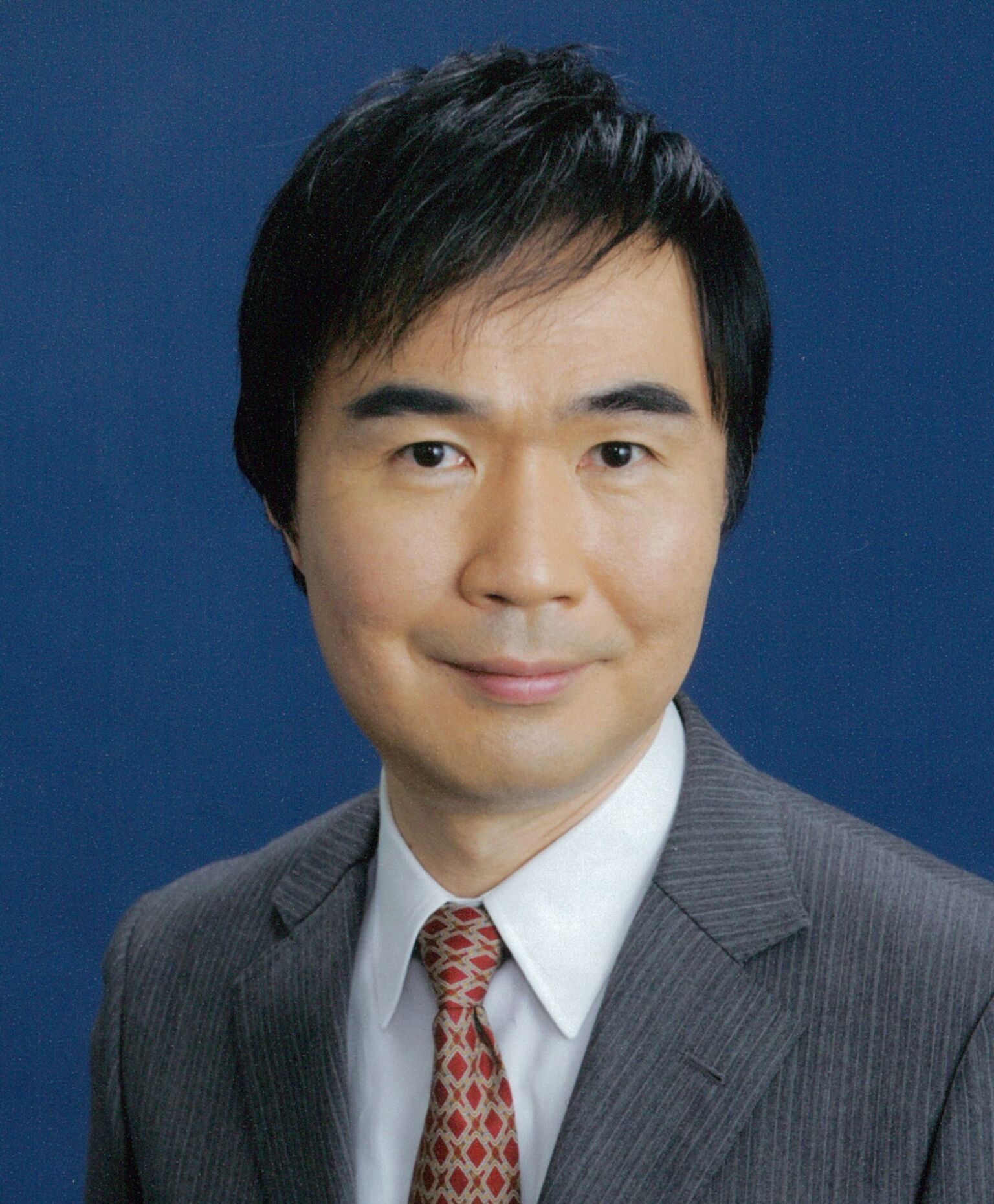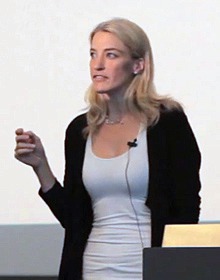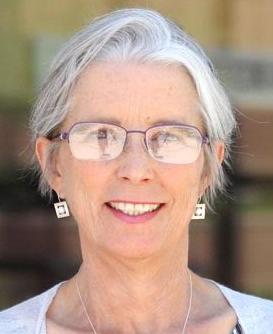
Cambrian Explosion of Computing and Big Data in the Post-Moore Era
Author: Satoshi Matsuoka
Abstract:
The so-called “Moore’s Law”, by which the performance of the processors will increase exponentially by factor of 4 every 3 years or so, is slated to be ending in 10-15 year timeframe due to the lithography of VLSIs reaching its limits around that time, and combined with other physical factors. We are now embarking on a project to revolutionize the total system architectural stack in a holistic fashion in the Post-Moore era, from devices and hardware, abstracted by system software and programming models and languages, and optimized according to the device characteristics with new algorithms and applications that exploit them. Such systems will have multitudes of varieties according to the matching characteristics of applications to the underlying architecture, leading to what can be metaphorically described as Cambrian Explosion of computing systems. The diverse elements of such systems will be interconnected with next-generation terabit optics and networks, allowing metropolitan-scale computing infrastructure that would truly realize high performance parallel and distributed computing. However, which algorithms and applications would benefit the most from such future computing, given that some physical constants, e.g., communication latency, cannot be improved? We speculate on some of the scenarios that would change the nature of current Cloud-centric infrastructures towards the Post-Moore era.
Bio:
Satoshi Matsuoka from April 2018 has become the director of Riken CCS, the top-tier HPC center that represents HPC in Japan, currently hosting the K Computer and developing the next generation Post-K machine, along with multitudes of ongoing cutting edge HPC research being conducted. He had been a Full Professor at the Global Scientific Information and Computing Center (GSIC), a Japanese national supercomputing center hosted by the Tokyo Institute of Technology since 2000, and since 2016 a Fellow at the AI Research Center (AIRC), AIST, the largest national lab in Japan, as well as becoming the head of the joint Lab RWBC-OIL (Open Innovation Lab on Real World Big Data Computing) between the two institutions, in 2017. He was the leader of the TSUBAME series of supercomputers, and has won the 2014 IEEE-CS Sidney Fernbach Memorial Award, the highest prestige in the field of HPC. He still has an appointment as a Professor at the Department of Mathematical and Computing Sciences, Tokyo Institute of Technology, to continue his research activities spanning the three institutions in HPC and scalable Big Data & AI.

Reproducibility in Computational and Data-enabled Science
Author: Victoria Stodden
Abstract:
As computation becomes central to scientific research and discovery new questions arise regarding the implementation, dissemination, and evaluation of methods that underlie scientific claims. I present a framework for conceptualizing the affordances that support scientific inference including computational reproducibility, transparency, and generalizability of findings. For example, reproducibility in computational research can be interpreted most narrowly as a simple trace of computational steps that generate scientific findings, and most expansively as an entirely independent implementation of an experiment that tests the same hypothesis as previously published work. Standards for determining a scientific finding are necessarily adapting to computationally- and data-enabled research. Finally, the social context for these innovations raises important questions regarding incentives to engage in new research practices and the ethics of these practices themselves.
Bio:
Dr. Victoria Stodden is an associate professor in the School of Information Sciences at the University of Illinois at Urbana-Champaign, with affiliate appointments in the School of Law, the Department of Computer Science, the Department of Statistics, the Coordinated Science Laboratory, and the National Center for Supercomputing Applications. She is also a faculty affiliate of the Center for Informatics Research in Science and Scholarship (CIRSS) in the School of Information Sciences at the University of Illinois. Dr. Stodden completed both her PhD in statistics and her law degree at Stanford University, and graduated magna cum laude from the University of Ottawa.

The Biology of Software
Author: Stephanie Forrest
Abstract:
Biological design principles can potentially change the way we study, engineer, maintain, and develop large dynamic software systems. For example, computer programmers like to think of software as the product of intelligent design, carefully crafted to meet well-specified goals. In reality, large software systems evolve inadvertently through the actions of many individual programmers, often leading to unanticipated consequences. Because software is subject to constraints similar to those faced by evolving biological systems, we have much to gain by viewing software through the lens of biology. The talk will highlight how abstractions of biological processes can lead to new computational algorithms and engineering principles. Specifically, it will show how the biological concepts of Darwinian evolution and immunology can be applied to problems such as repairing software bugs and cybersecurity.
Bio:
Stephanie Forrest is Professor of Computer Science and Director of the Biodesign Center for Biocomputation, Security and Society at Arizona State University. Before joining ASU in 2017, she was Distinguished Professor of Computer Science at the University of New Mexico in Albuquerque and served as Dept. Chair 2006-2007. She was educated at St. John's College (B.A.), and The University of Michigan (M.S. and Ph.D. in Computer Science). She is currently a member of the Santa Fe Institute External Faculty, serves on the CRA Board and Chairs its Government Affairs Committee. Forrest's research studies the biology of computation and the computation of biology, including work on computational immunology, computer security, automated software repair, evolutionary computation, and biological modeling. Some of her awards include: the SFI Stanislaw Ulam Memorial Lectures (2013), the UNM Annual Research Lecture (2012), the ACM/AAAI Allen Newell Award (2011), and the Presidential Young Investigator Award (1991). She is a Fellow of the IEEE.





